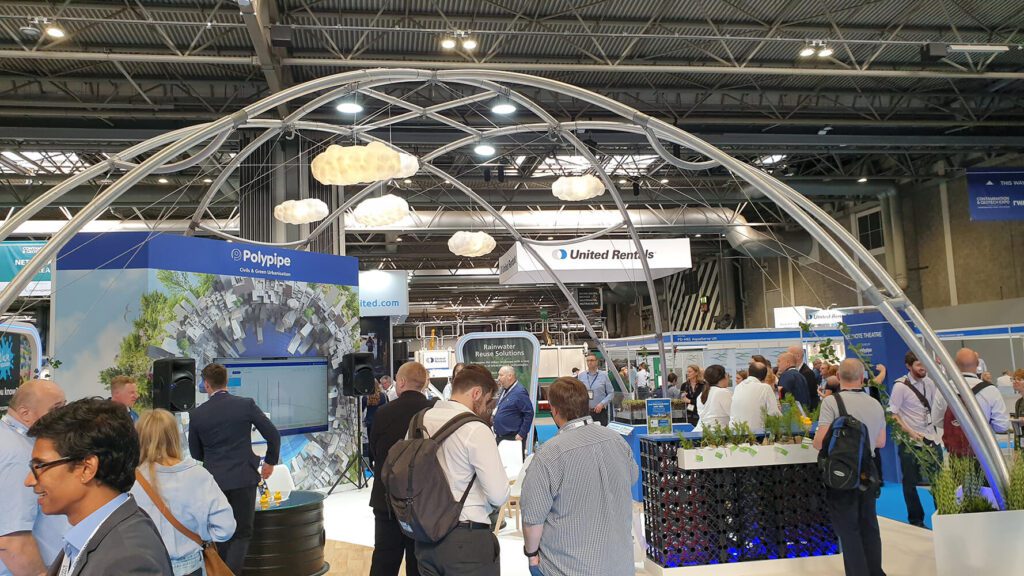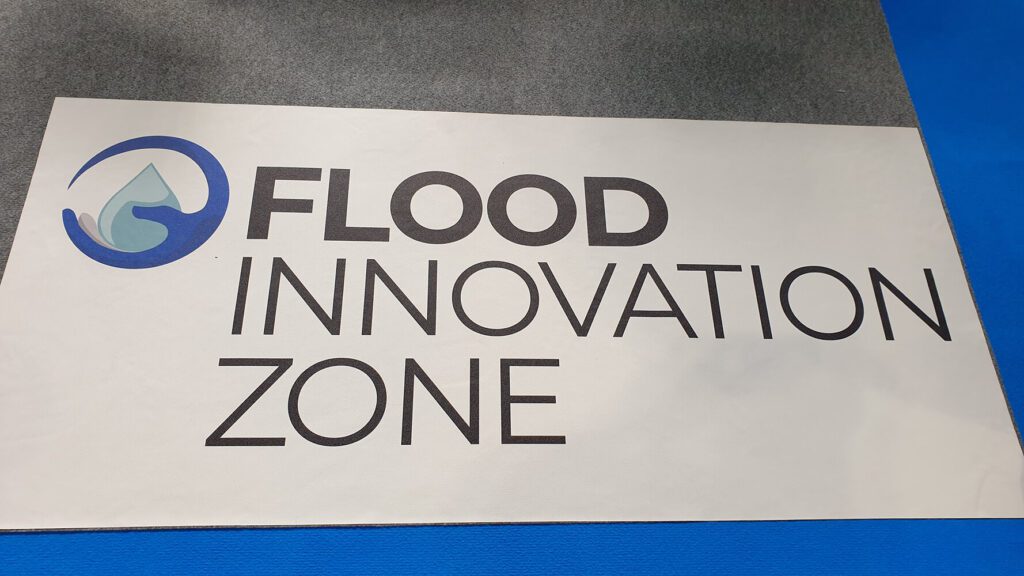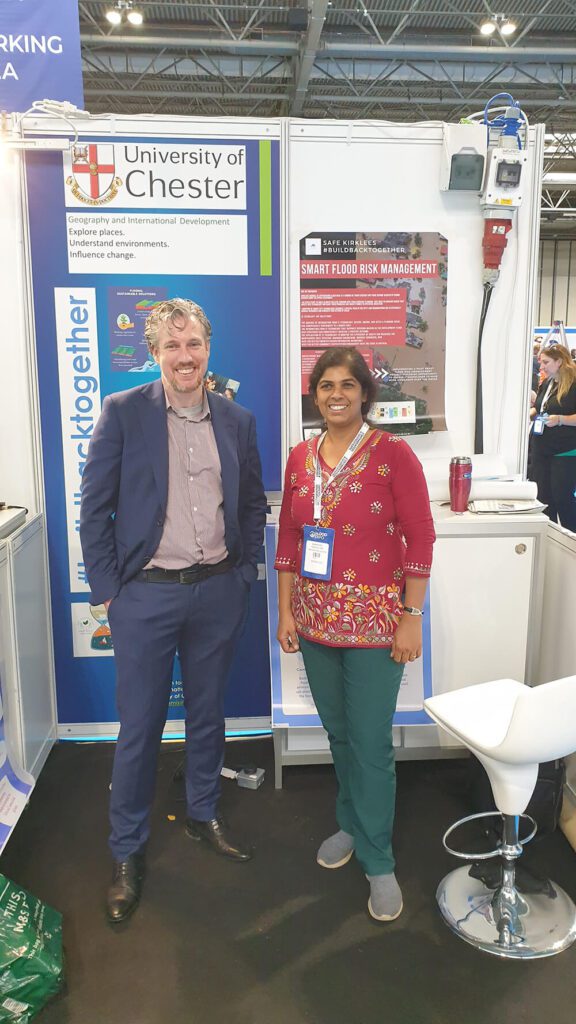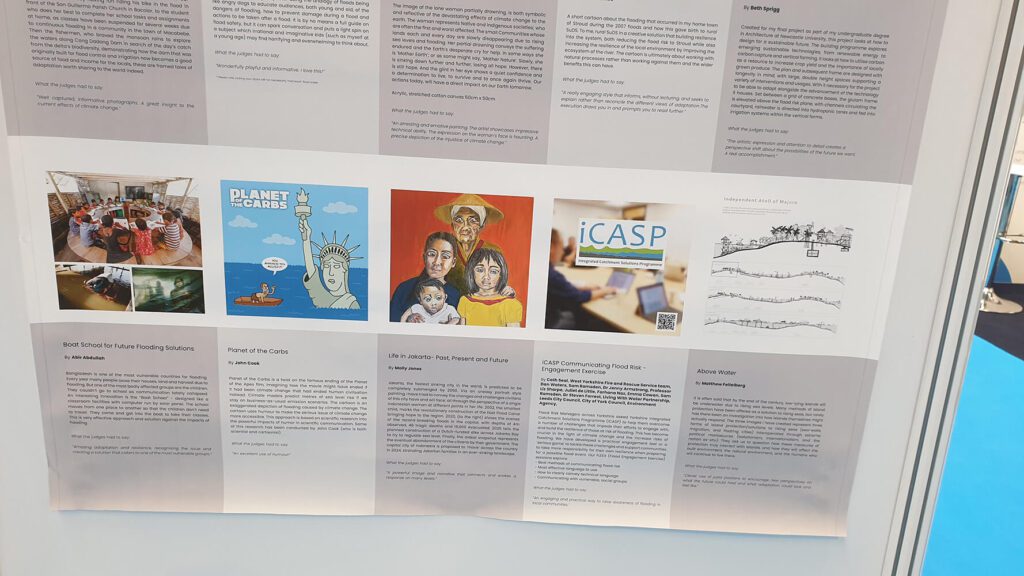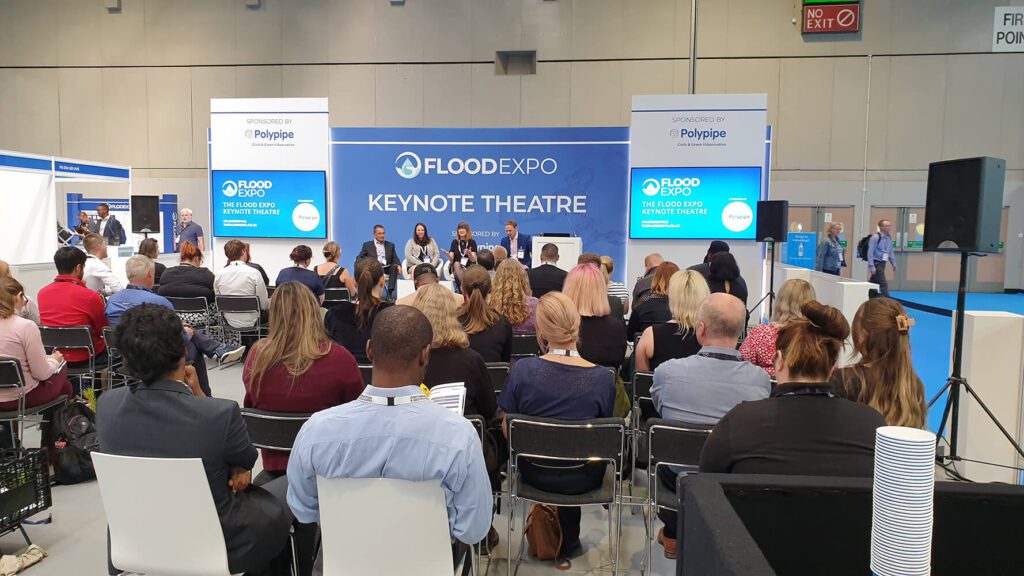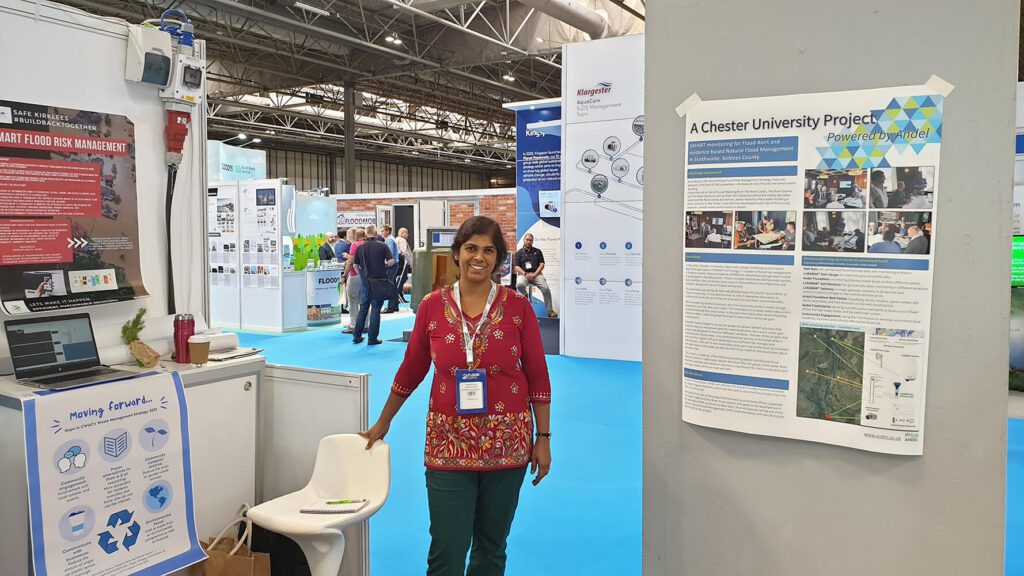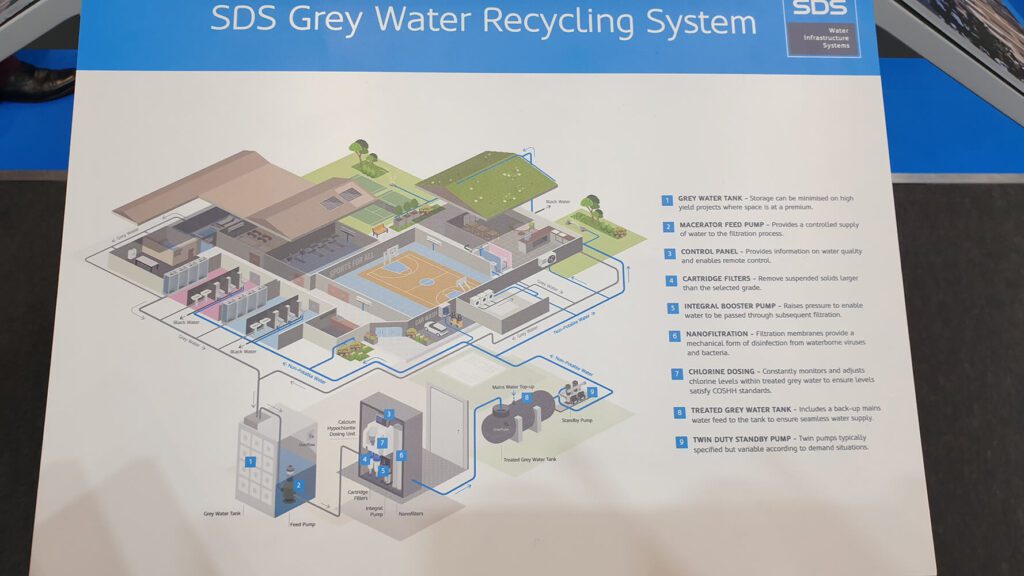Flood Expo Conference
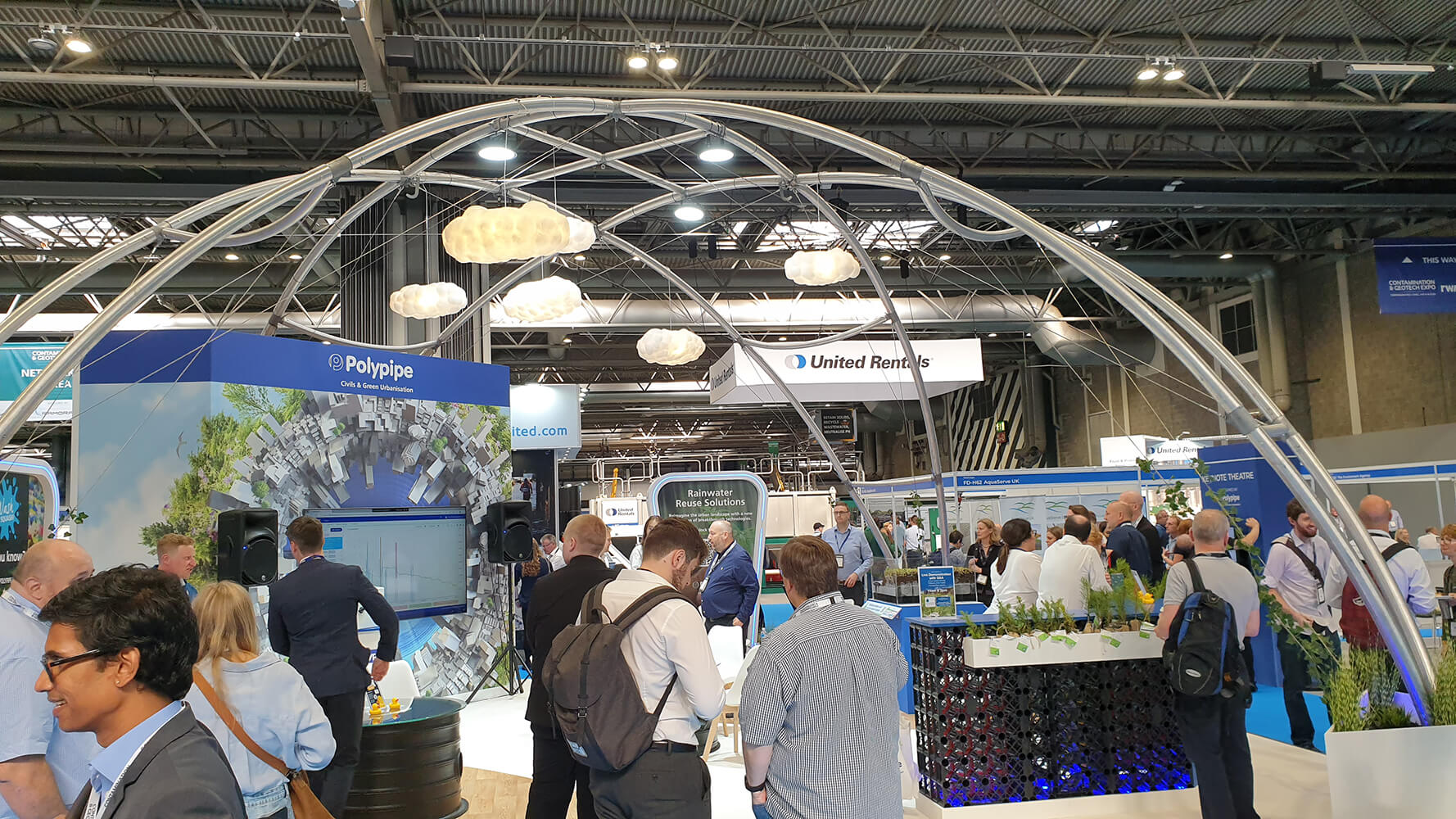
Newsletter:
With the UK governments’ 25 year Flood Hydrology Roadmap in mind and the need for involving society in creating innovative and smart risk management solutions, this project proposes to fill the gap in the evidence base in the field of the future of localised flood risk management. The generation of knowledge is focused on access to information, preparedness, and ownership of local communities over wicked problems such as flooding. Different actors in a community interact with their environment differently in times of emergency, therefore the project focusses on two groups of actors: the service providers (e.g., Risk management authorities’, Natural Flood Management service providers, Local Councils, Parish councils, Community Support Organisations) and the service recipients (Home Owners; Local Businesses, Schools, hospitals). Fours workshops were organised with different stakeholders chosen from the two broad groups through a coordinated process of design thinking method which involved: understanding the problem, defining core problem statements, ideating (thinking out of the box on how to solve these issues), and creating smart and sustainable solutions using case study approach for best possible solutions. The chosen areas of interest in Chester (Cheshire) and Kirklees (Yorkshire) councils both places importance on shared goals created by local people and has already started working towards a sustainable future by championing the ‘place-based approach’ where one size does not fit all.

Design Thinking Workshops involving representatives of local stakeholders – Chester and Kirklees
The response from stakeholders during the workshops indicated the need for an increased evidence base to understand the pattern of changing risk and exploring opportunities that will enable local communities to have ownership over issues that affect them. There was evidence of interest in the adoption of smart technologies to enhance more transparency in data access, efficient management of resources, multiple use of space, and generation of high return in value. The need for real-time information and continuous monitoring of water levels came up as a critical requirement for planning and managing future uncertainties of event management. This was especially important for those local water sources which are not monitored by the Environment Agency. The stakeholders decided on two areas for piloting the smart solutions they thought would be most suitable based on their local experience and knowledge. Researchers from the university, local council members and risk management authorities were involved in the discussion, the case studies were unanimously chosen. Currently, onsite inspections are taking place in the two study areas where sensors will be installed in specific locations and a continuous data monitoring dashboard will be made accessible to the key stakeholders for their input. Data generated in the process will be monitored to reflect on the pattern of changing risk for the future safety of infrastructure and management of local resources. It is expected that co-created solutions such as these will not only generate more interest among the local people and make them more proactive towards making a change for future risk management of the area but also help in creating stronger social capital.



